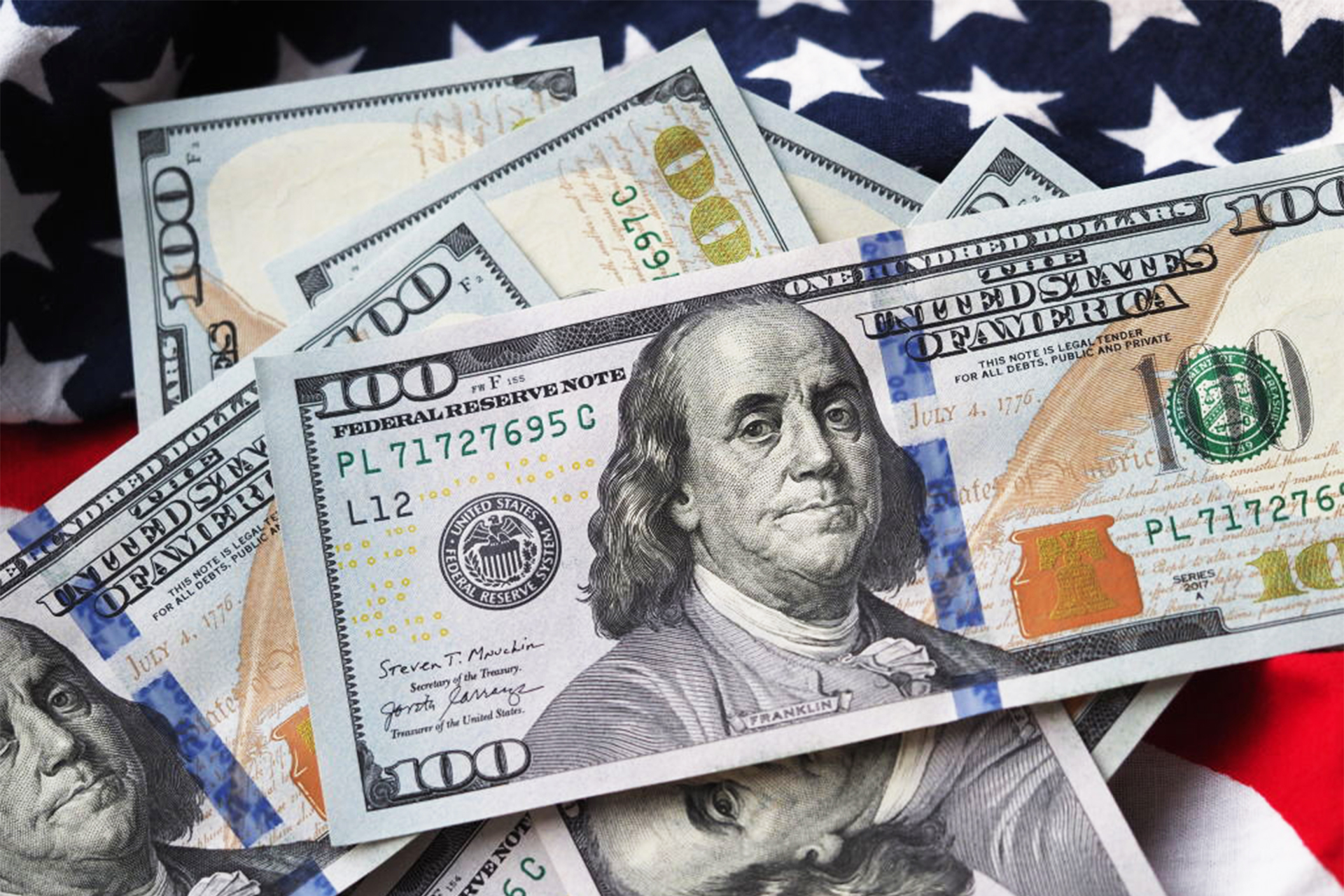US Treasury Secretary Janet Yellen warned on Monday that the United States is at risk of defaulting on its debt from the beginning of June, amid disagreement between Republicans and Democrats over raising the borrowing ceiling.
Last week, House Republicans voted in favor of a plan to raise the national borrowing cap in parallel with drastic cuts in spending, amid a standoff with Democratic President Joe Biden over "excessive" public spending.
In a letter to Republican House Speaker Kevin McCarthy, Yellen said: "Our best estimate is that we will be unable to continue to meet all of the government's obligations by early June, and possibly as of June 1, if Congress does not raise or suspend the debt ceiling before that date."
"Given current projections, it is imperative that Congress act as quickly as possible to increase or suspend the debt ceiling in a way that provides long-term certainty that the government will continue to make payments," the Treasury secretary said.
Janet Yellen warned that the United States is threatened with default from the beginning of June (AP)
Important meeting at the White House
Meanwhile, US President Joe Biden on Monday invited the four most prominent leaders of Congress to a meeting at the White House next week, after the Treasury Department warned that the cash available may not be enough to pay the government's obligations by June.
That prompted Biden to call a meeting with leaders including Republican House Speaker Kevin McCarthy on May 9.
Biden invited McCarthy, House Democratic leader Hakim Jeffries, Senate Majority Leader Chuck Schumer and Republican leader Mitch McConnell.
Biden insists he will not negotiate a debt ceiling hike, but will discuss budget cuts after a new ceiling is approved. Congress usually ties the debt ceiling hike to other budget and spending measures.
What is the debt ceiling?
The United States reached its borrowing cap of $31.4 trillion in January, the maximum the U.S. government can borrow. The Treasury Department has taken extraordinary measures to allow it to continue funding state activities, but if Congress does not raise or suspend the debt ceiling before the extraordinary instruments are exhausted, the country risks default, with dire repercussions on the economy.
A debt ceiling is a restriction imposed by Congress (House and Senate) on the amount of money the federal government can borrow to pay its bills.
According to U.S. Treasury data, the debt ceiling has been raised 1960 times since 78.
Raising the debt ceiling allows the federal government to continue issuing Treasury bonds that generate revenue and help it pay its bills, and investors around the world buy bonds because they are seen as a safe and reliable investment.
What if America defaults?
In the event that the Senate refuses to raise the debt ceiling:
- The White House may find itself unable to meet its obligations to all federal institutions, and the United States may default on outstanding loan or bond payments, and this means entering into a severe default crisis that may affect the dollar's position as a payment or reserve currency, forcing the government and companies to pay their international bills in another currency, and thus dealing a devastating blow to families, businesses, and the American and global economy.
- Most foreign trade is denominated in dollars, and at some point through a U.S. bank, an important way in which the U.S. takes enormous political power, particularly to punish economic competitors and unfriendly governments.
- A report by The Conversation suggests that defaults will affect countless people, potentially tens of millions of Americans and thousands of companies that depend on government subsidies.

